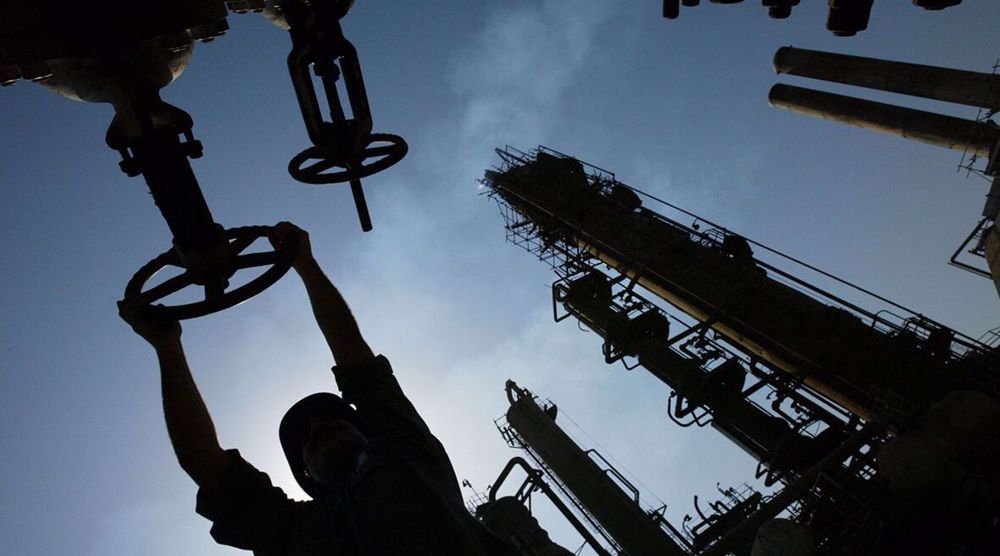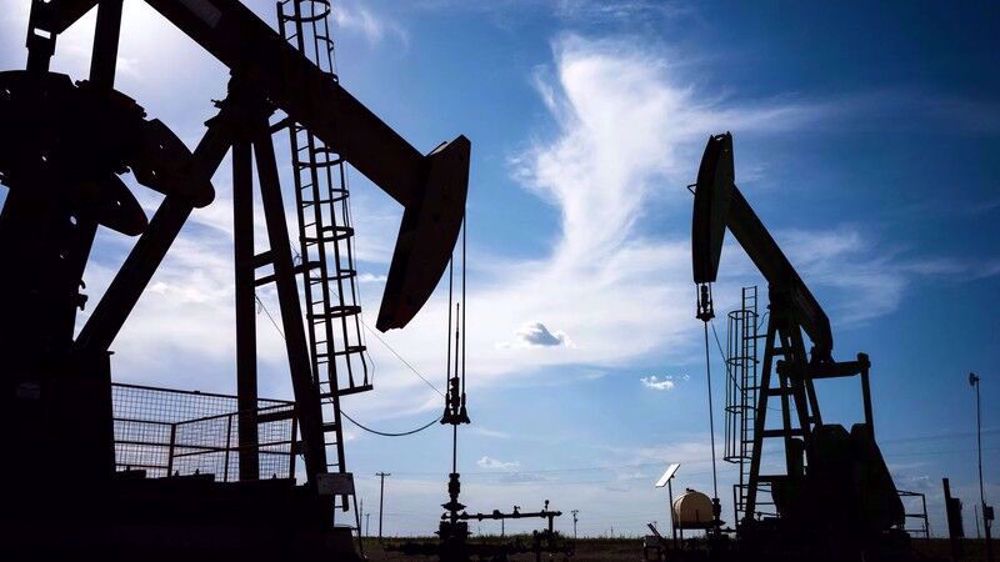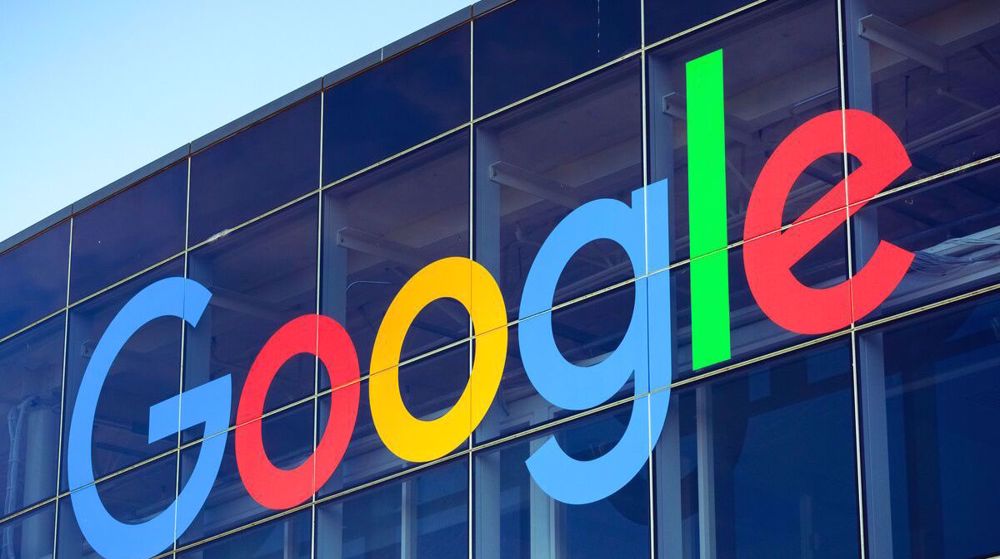UK banks join Saudi-led push to pressure Qatar
British banks have rallied behind Saudi Arabia and its allies which are coaxing financial institutions into joining an economic and trade blockade on Qatar.
Barclays, Lloyds and Royal Bank of Scotland say they have halted trading Qatari riyals following similar moves by the Post Office, a major high street currency exchange in the UK.
Officials for the banks said the problem was related to their third-party suppliers who had stopped buying and selling the Qatari currency.
The London-based Financial Times newspaper said the decision in Britain reflected the "growing difficulties being caused by the Saudi and UAE-led blockade of Qatar.”
Saudi Arabia and the UAE as well as Bahrain and Egypt cut diplomatic ties with Qatar last month and imposed a trade blockade on the Persian Gulf country, citing a series of grievances.
With the economic fallout starting to bite, international rating agencies have lowered Qatar’s credit rating and put it on "negative watch".
The country is on damage control, with its central bank saying the riyal is stable and guaranteed at its peg rate to the dollar. The bank has also pledged to guarantee foreign-exchange transactions inside and outside Qatar without delay.

UK-based currency-exchange provider Travelex Group, meanwhile, said it has resumed trading in Qatari riyals after suspending purchases for a short period.
Nevertheless, banks in the US, India, Sri Lanka and Pakistan whose governments have close relations with the Saudi regime have reportedly stopped trading in Qatari riyals.
The countries of the Subcontinent have a huge diaspora of workers in the Persian Gulf countries and an interest in Saudi Arabia’s sprawling patronage system.
The US and the UK, on the other hand, covet the region for lucrative arms deals. Last month, President Donald Trump clinched a record $110 billion arms deal with Saudi Arabia in Riyadh, which will grow to $350 billion over the next 10 years in military cooperation.

The fallout from the crisis has caused the riyal to hit lowest levels but Qatar’s central bank has abstained from intervening. One option is to flood the market with dollars in order to keep riyal spot rates consistently in line with the peg and deter offshore speculation.
The central bank, however, apparently sees no need to spend part of its reserves and get drawn into a battle with offshore banks.
Qatar's central bank reportedly had net foreign reserves of $34.8 billion in May. The world’s top gas exporter is also estimated to have over $200 billion of liquid assets in its sovereign wealth fund.
Analysts say Qatar's reserves are enough to defend the peg for years, even if there is a mass withdrawal of foreign bank deposits from the country.
Suicides among Israeli forces surge amid Gaza war
Gen. Soleimani turned threats into opportunities and fortified resistance axis
Houthi: General Soleimani thwarted US conspiracies in West Asia
Islamic Jihad prevents Israeli captive from taking own life
Pezeshkian: We will continue path of Gen. Soleimani with power
Israel forces make incursion into Lebanese town, torch homes
Israeli settlers raid al-Aqsa Mosque amid restrictions on Muslims
President Deby: French troops will leave Chad by end of January










 This makes it easy to access the Press TV website
This makes it easy to access the Press TV website